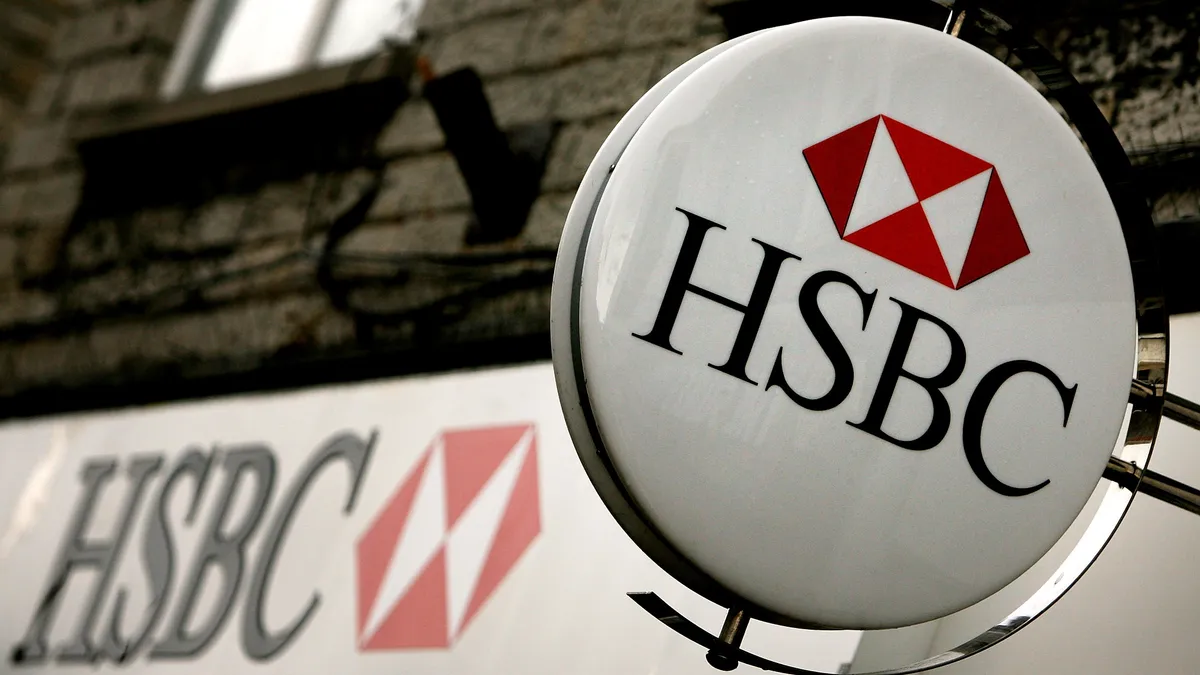Dive Brief:
- A California appeals court recently affirmed a lower court’s decision holding that the mother of a HSBC call center employee failed to show that the bank intentionally recorded confidential phone calls between the two in violation of the state’s Invasion of Privacy Act.
- The plaintiff received “hundreds of personal calls” from her daughter, an employee of HSBC, that were recorded by the company’s full-time recording system — allegedly, without the plaintiff’s consent. HSBC argued that it barred call center employees from making personal calls at their desks and that the plaintiff, an HSBC cardholder, signed an agreement acknowledging that the company could listen to and record phone calls between her and its representatives.
- The lower court held that the plaintiff did not prove HSBC’s intent to record the calls and that the cardholder agreement’s disclosure language implied her consent to be recorded by the bank. The appeals court reversed the lower court’s findings with respect to HSBC’s intent to record, but otherwise affirmed.
Dive Insight:
State privacy laws have become an emerging compliance topic for employers in recent years, with state and local laws enacted by jurisdictions like California driving the trend.
California’s Invasion of Privacy Act prohibits the use of a recording device to record confidential communication without the consent of all parties to that communication. The law further defines “confidential communication” to mean that which is “carried on in circumstances as may reasonably indicate that any party to the communication desires it to be confined to the parties thereto,” with the exception of conversations carried on in public gatherings or similar contexts.
In HSBC, the appeals court concluded that the plaintiff, who made credit card payments via the bank’s customer service line once per month, had been notified that calls to the bank were subject to recording, and could therefore infer that phone calls made by her daughter from her daughter’s call center phone also were subject to recording.
However, the appeals court said its finding with respect to HSBC’s intent to record the calls “underscores [...] that a business’s full-time recording of calls without adequate notice creates conditions ripe for potential liability under the Privacy Act, and workplace policies prohibiting personal calls may not mitigate that risk.”
In other cases, courts have held in favor of employees on the subject of privacy. In February, the 4th U.S. Circuit Court of Appeals found that a South Carolina employer may have violated federal law when it accessed a former employee’s private email account.












